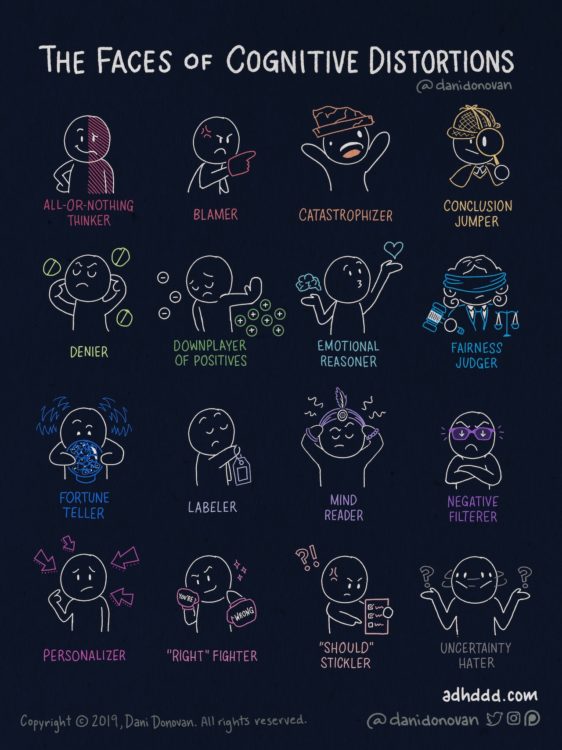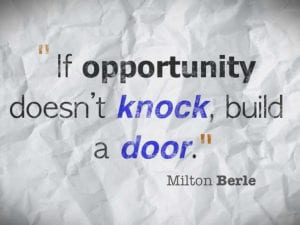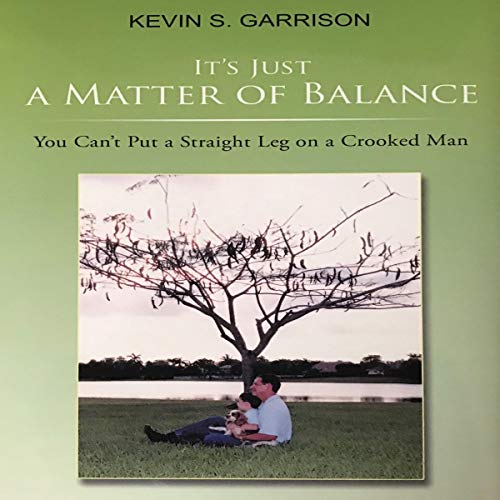
Start enjoying Valentine’s Day by getting the courage to date and reconsider falling in love is on everyone’s mind. Let’s exclude the dozen roses, chocolates, and hallmark card crew who think they’ve covered the holiday. Being an amputee may make it harder to enjoy this holiday. I was surprised that only women had written Valentine’s Day articles for amputees. I may be the first male to address this opportunity.
This holiday did not have such a glorious history. The Roman Emperor executed a physician named Valentine who treated people with epilepsy. Pope Gelacious created Valentine’s Day on the same day as the Roman festival of Lupercalia. He hoped to stop the Romans’ cruel fertility rituals where young women lined up to be whipped by young men. It did not take on its commercialization till the 1840s when Valentine’s Day cards were produced in mass. Now there are more sent on this day than on Christmas.
Start Enjoying Valentine’s Day
Dating as an amputee can be a daunting experience. Although there are Dating Amputees websites available, they don’t necessarily remove the social anxiety that all amputees face. It still takes courage to commit to meet someone, get dressed up, and make your debut. Using a dating service may feel like ordering a pizza, but the psychological terror can remain. This is particularly difficult if you lack confidence in your appearance or have a weak body image. However, there are ways to overcome these obstacles and increase your confidence.
One excellent way to build your courage is by utilizing the resources available on the Dating Amputees website. For example, an amputee chat room allows you to connect with others who understand your experience and share your stories. Additionally, the website’s message board and blog make it easier to humanize someone you’re interested in by sharing their picture and description. By taking advantage of these tools, you can gain a better sense of your capacity to feel confident and comfortable when meeting someone new.
It’s essential to remember that social anxiety is a mental health condition that can be treated through a combination of talk therapy and medication. By restoring your self-confidence, you can overcome the fear and self-consciousness that often accompany dating as an amputee. Start by visualizing yourself as an exciting person to be around and remind yourself that you’re the same person you were before your amputation. In fact, many amputees find that they become more compassionate and humble after their amputation.
Admitting to a fear of rejection is crucial because it allows you to confront it head-on. Psychologists have shown that people make judgments about potential relationships within the first four minutes of meeting someone new. If someone can’t see past your amputated limb, they’re not worth your time. Instead, focus on talking calmly about your amputation and highlighting the positive aspects of your life. Share your proudest moments, such as when you regained your independence, and discuss your interests, hobbies, and career.
Ultimately, the more confident you are in yourself, the more attractive you’ll be to potential partners. Keep your head up, take risks, and be yourself. Remember, just because you’ve lost a limb doesn’t mean you can’t find love. By using the resources available on the Dating Amputees website and focusing on building your self-confidence, you can start enjoying Valentine’s Day and find the relationship you deserve.




